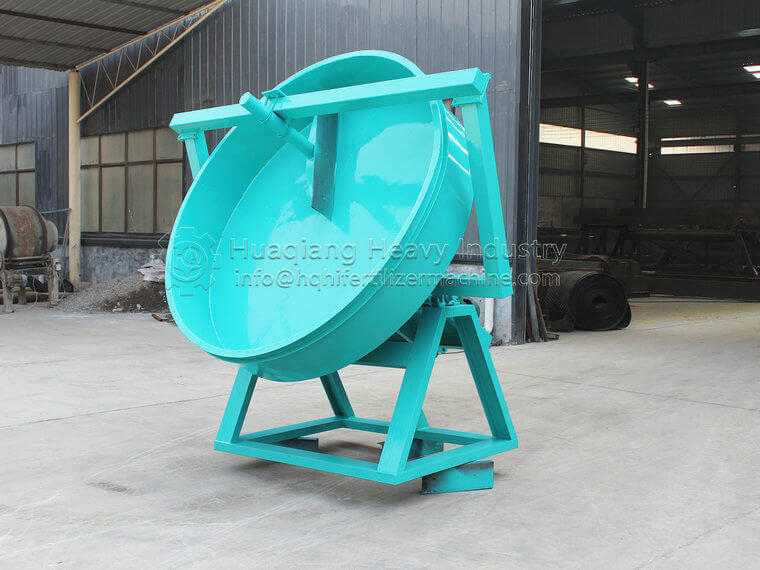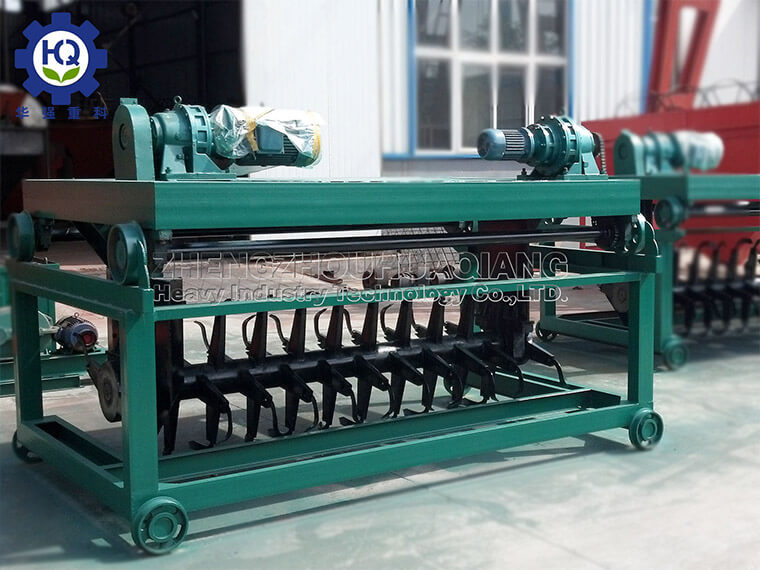How to use fertilizer production lines to convert pig manure into organic fertilizer?
With the strengthening of the national environmental protection policy, the use of organic fertilizer equipment can meet the regulations on the treatment of livestock and poultry manure in the breeding industry. Laissez-faire accumulation of pig manure is very harmful, especially on medium and large pig farms. The pig manure deposition that has not been solved by the pig manure dryer will not seriously pollute the surrounding environment and cause great harm to the natural environment of pigs.
The organic fertilizer production line is imperative. The use of the organic fertilizer production line can efficiently convert manure into organic fertilizer with higher value and utilization. The organic fertilizer production line generally includes: fermentation stacker, pulverizer, screening machine, mixing mixer, stock transfer machine ,rotary drum granulator, dryers, coolers, screening machines, packaging machines, forklifts, etc.
In the production process of pig manure organic fertilizer, the pig manure organic fertilizer production line mainly includes two parts: fermentation and granulation. Since the new type of pig manure contains harmful substances, its shape cannot become a product. The purpose of pig manure fermentation is to make it harmless and make it a fertilizer with a high proportion of soil organic matter. Fermented pig manure is soft and tasteless. It can be processed into powder or granular organic fertilizer, and finally sold according to the outer packaging market of automatic packaging machine, which is also a part of organic fertilizer production.
The production of organic fertilizer is based on the establishment of different processing techniques and different mechanical equipment. It is divided into powdered and granular organic fertilizers. In contrast, the powdered production process is relatively simple and the investment in machinery and equipment is small; the granular fertilizer processing technology is complex, the investment in production equipment projects is large, and granulators and drying equipment are added. But in terms of the sales market, granular fertilizers occupy the popular sales market and are more convenient than powder organic fertilizers.
Our company, Zhengzhou Huaqiang, is a professional organic fertilizer equipment manufacturer, including npk fertilizer manufacturing process, organic fertilizer production line and supporting organic fertilizer equipment. Welcome to consult.
.jpg)

.jpg)
.jpg)

.jpg)
.jpg)
.jpg)
